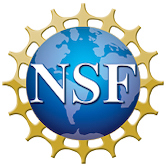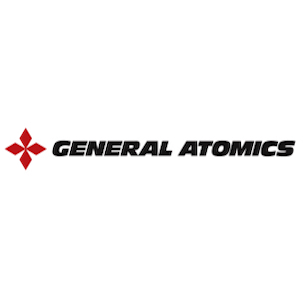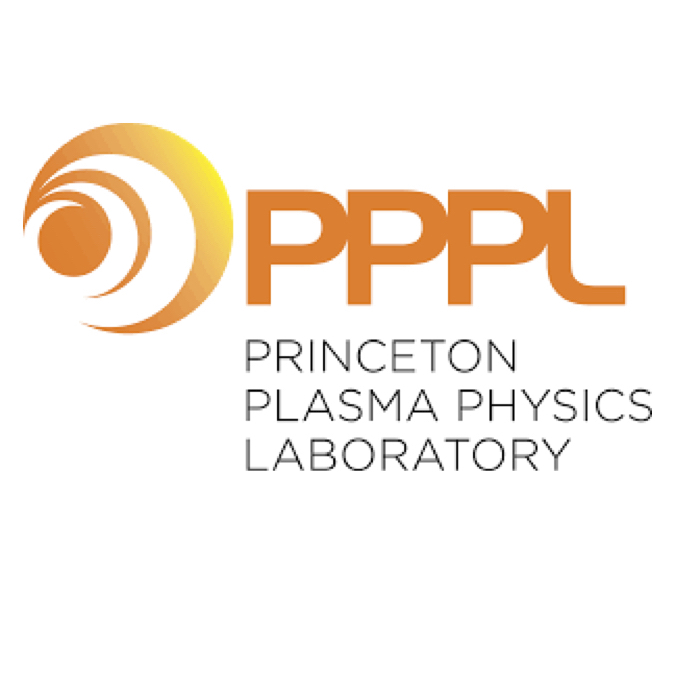Physics-based Control-oriented Modeling of the Current Density Profile Evolution in NSTX-Upgrade
Z.O. Ilhan, J.E. Barton, E. Schuster, D.A. Gates, S.P. Gerhardt, J.E. Menard
Symposium on Fusion Technology
Prague, Czech Republic, September 5-9, 2016
|
Abstract
|

|
Active control of the toroidal current density profile is among those
plasma control milestones that the National Spherical Tokamak
eXperiment - Upgrade (NSTX-U) program must achieve to realize its
next-step operational goals characterized by the high-performance,
MHD-stable plasma operation with neutral beam heating, and longer
pulse durations. Motivated by the coupled, nonlinear, multivariable,
distributed-parameter plasma dynamics, the first step towards feedback
control design is the development of a physics-based, control-oriented
model for the current profile evolution in response to non-inductive
current drives and heating systems. The evolution of the toroidal
current density profile is closely related to the evolution of the
poloidal magnetic flux profile, whose dynamics is modeled by a
nonlinear partial differential equation (PDE) referred to as the
magnetic-flux diffusion equation (MDE). The proposed control-oriented
model predicts the spatial-temporal evolution of the current density
profile by combining the nonlinear MDE with physics-based correlations
obtained at NSTX-U for the electron density, electron temperature, and
non-inductive current drives (neutral beams). The resulting
first-principles-driven, control-oriented model is tailored for NSTX-U
based on the predictions of the time-dependent transport code TRANSP.
Main objectives and possible challenges associated with the use of the
developed model for the design of both feedforward and feedback
controllers are also discussed.








